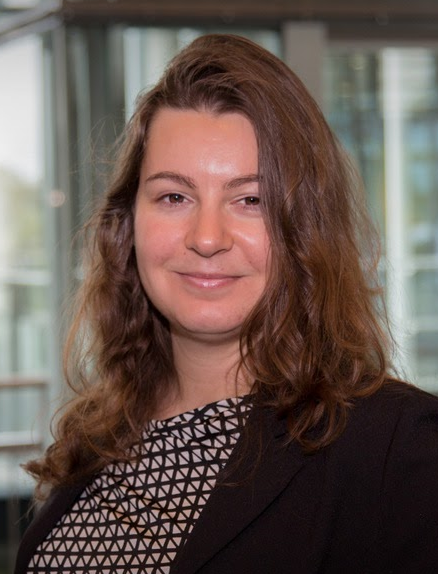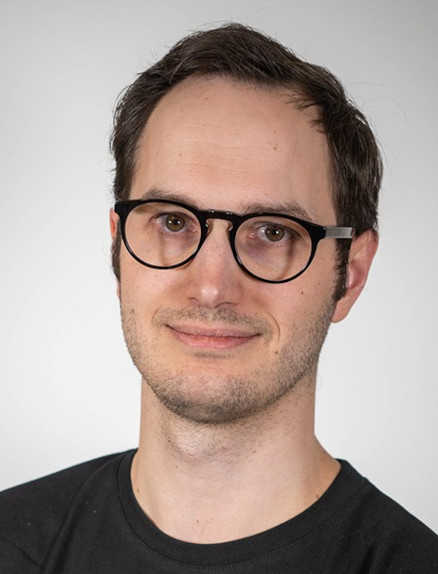Testimonials
Are you curious about what type of jobs you could do after the Master DSAIT programme? Below are some examples of people working in various fields of data science and AI and how they use it in their work.
Wendy Clerx
As a Project Manager at Rijkswaterstaat, specialised in digitalisation, I have first-hand witnessed the immense impact of data science and AI. Complex digital systems are everywhere around us, and play a role in every development. For example, our new data lab constantly explores innovative uses, from digital twins to pattern recognition programmes – demonstrating their broad impact, far beyond traditional applications. I am currently working on digital twins and simulation systems to further enhance the reliability of the storm surge barrier control systems. This way, we can be even more certain that everything will work in an emergency. As a Data Science and AI scientist, you have a much greater impact than just creating websites, apps, or programs.
Benjamin Timmermans
Designing, building and implementing meaningful AI innovations takes more than just a practical understanding of Data Science and AI. This is something I witness daily at IBM. Impactful engineers bring with them multidisciplinary thinking, taking in account both legal and ethical concerns, as well as a deep fundamental knowledge of the technologies used. Often, the biggest challenge in helping clients is figuring out what the actual problem is, as well as its constraints and context. For this you need to have meaningful conversations with all the relevant stakeholders, which requires skills more than just programming and Data Science.
Anton Heijs
As a professional in medical diagnostics, I design and develop software that assist doctors in more swiftly and accurately diagnosing rare diseases. Because considered all 10.000 rare diseases together, rare diseases actually affect many people (250 - 450 million worldwide), necessitating innovative solutions. For diagnosis the knowledge in the medical literature is key. A diagnosis support approach needs to use a medical knowledge representation and make it computable. For this AI programming and data science is crucial. You cannot have one without the other. It's about understanding the data patterns that matter and using that knowledge to program algorithms that can lead to faster, more accurate diagnoses. This programme offers a robust curriculum that provides such a dual expertise needed to tackle these complex challenges.


